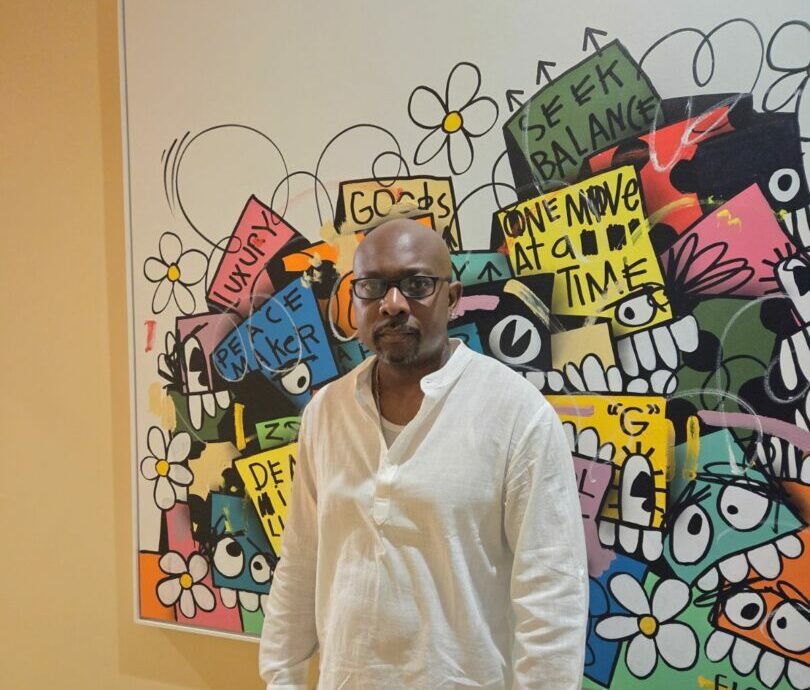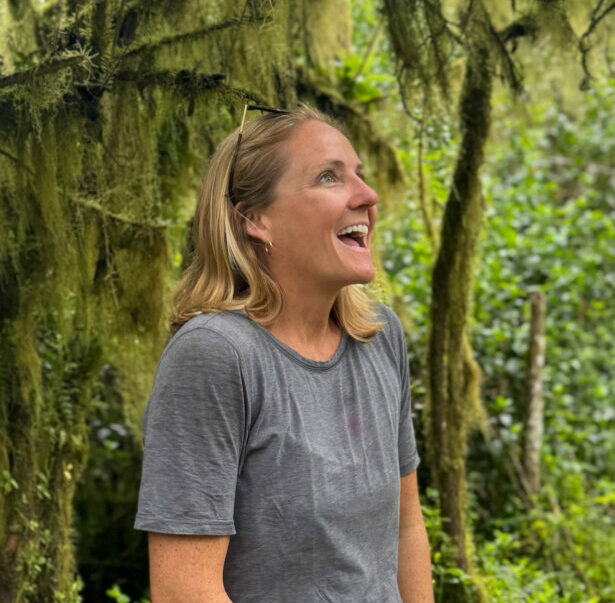We were lucky to catch up with Laurie Ann Doyle recently and have shared our conversation below.
Laurie Ann, we’re thrilled to have you on our platform and we think there is so much folks can learn from you and your story. Something that matters deeply to us is living a life and leading a career filled with purpose and so let’s start by chatting about how you found your purpose.
After yet another disagreement with the physician who had hired me at a large healthcare firm, I thought, that’s it, I’ve had it. Becoming a full-time writer had been calling to me for years and now, in my mid-forties, I started to consider it seriously. I had a few pieces published in the local weekly but felt stymied when it came to crafting a good short story, much less a novel. Driving home that night, I asked myself if I don’t become a writer now, then when would I? The thought of going to my grave without having at least tried began to haunt me. Finally, after weeks of back and forth, I threw caution to the wind, left my more than full-time career in healthcare—a two-decade journey I had once enjoyed but now felt less than rewarding—and applied to exactly one Master of Fine Arts in Writing program. Miraculously (it seemed), I was accepted.
Immersing myself in writing—a world that stretches back thousands of years to Aristotle and before—has been both thrilling and terrifying. I still have much to learn. But I am living proof that if you pursue your dreams, good things follow. After my MFA, I’ve gone on to publish “World Gone Missing,” an award-winning book of short stories, win a national fiction award and be nominated twice for the prestigious Pushcart Prize. My stories and essays have appeared in twenty plus literary journals. My historical novel “Light and Ash,” which is set during the 1906 San Francisco earthquake, will be published in 2027. At every juncture in the road—finishing a story, compiling a collection, completing a novel, publishing my work—the task ahead often felt impossible. But with hard work, discipline, perseverance, and the support of my fellow writers, I’ve been able to overcome the challenges facing me. What talent I have played its part, too, but as James Baldwin said, “Talent is insignificant. I know a lot of talented ruins. Beyond talent lie all the usual words: discipline, love, luck, but, most of all, endurance.”
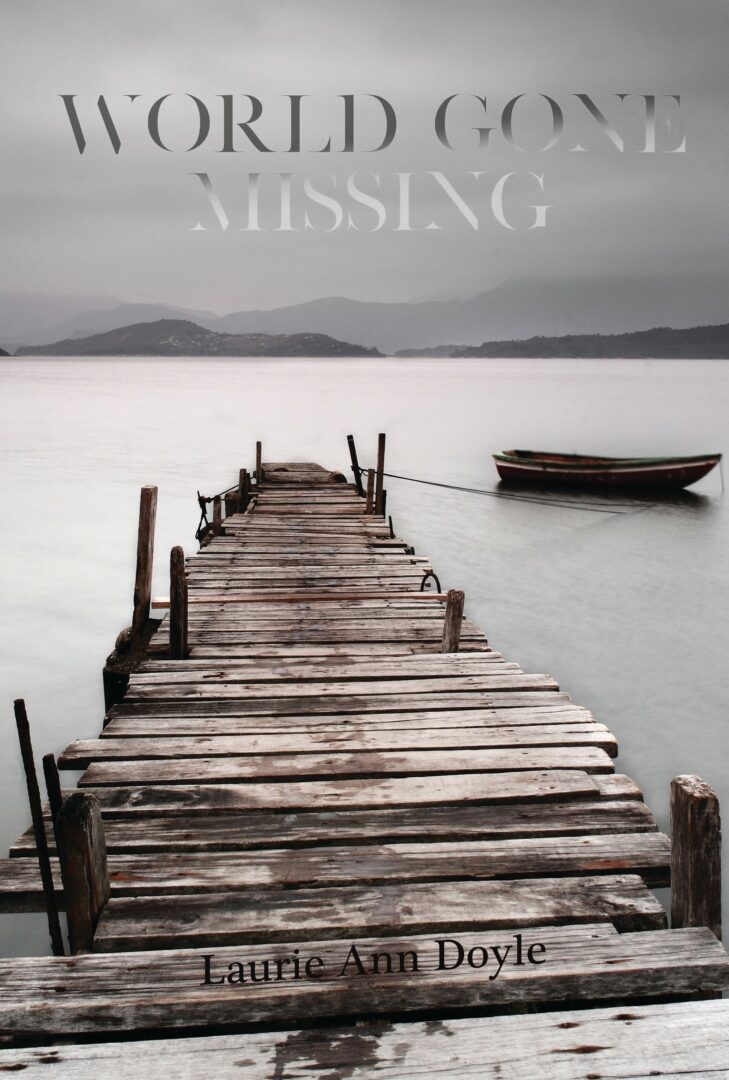
Appreciate the insights and wisdom. Before we dig deeper and ask you about the skills that matter and more, maybe you can tell our readers about yourself?
What I love about being a full-time writer is there so many facets to it. I’d always enjoyed teaching adults—something I got to do some but not enough of when I was in healthcare—and right out of graduate school I received a last-minute offer to teach freshman composition. Since then, I have taught fiction writing, the literary history of San Francisco, a multi-genre class on poetry, fiction and narrative nonfiction, among other courses. I get so much creative energy from my students and when I teach I’m always reminded about the importance of the craft elements, including scene-building, character development, and sensory details. As a writer, you can never learn too much about these components and how they work together in creating a powerful story. The way you utilize and shape these elements forms a large part of your unique creativity.
Though I find writing itself immensely satisfying, but I’d be lying if I said the words always come easily. For me, revision is where my writing blooms. My initial drafts—like so many of my colleagues—often consist of raw writing that paradoxically needs cutting and further development. Getting feedback from trusted fellow-writers has been critical, as well as my willingness to keep working until the piece feels right. This is as true for the short story “Think of This As Home” that I recently published, my book “World Gone Missing” which came out in 2017, and my forthcoming historical novel Light and Ash.
Another unexpected pleasure of writing has been showcasing the work of authors I admire. After graduate school, I co-founded a literary series in San Francisco called Babylon Salon. Over a decade later we are still going strong. We’ve hosted emerging writers, as well as a winner of the prestigious Booker Prize and finalists for the National Book Award and other prizes. I always come away from our quarterly shows inspired. At every salon, you’ll find me scribbling down thoughts I want to develop as soon as I get back to my desk.
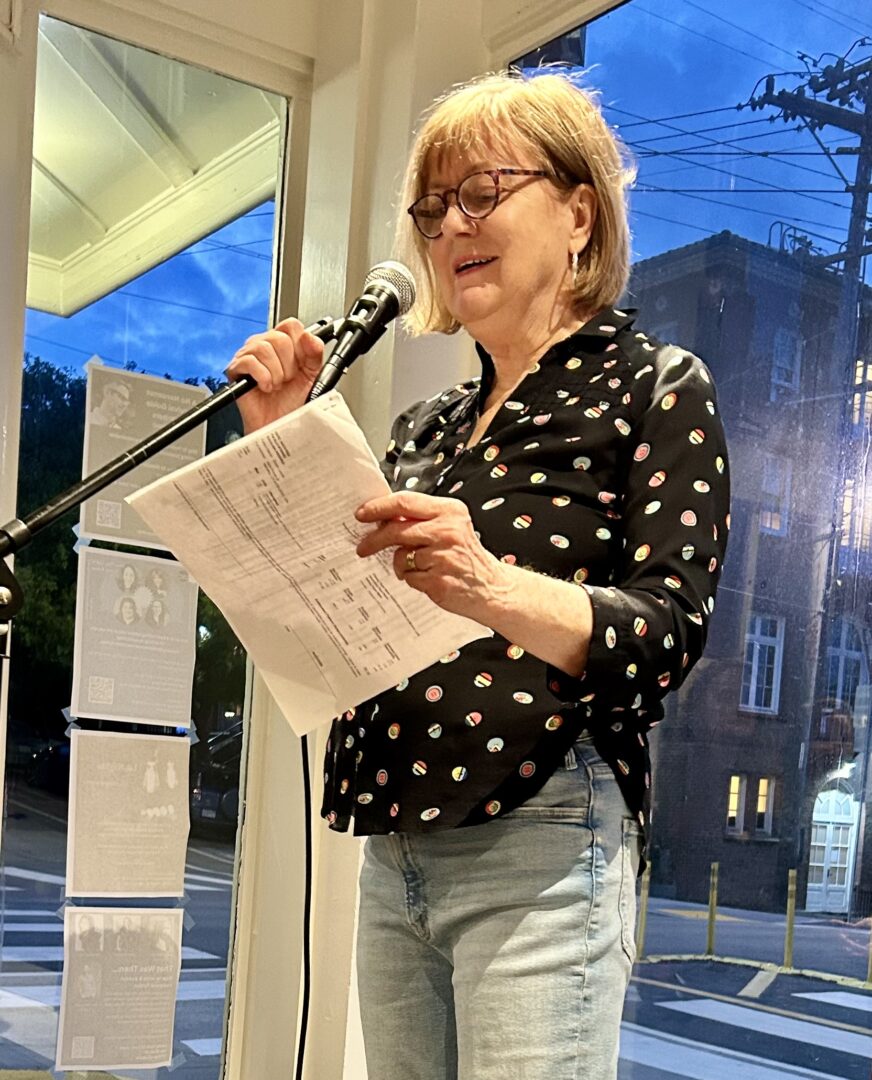
There is so much advice out there about all the different skills and qualities folks need to develop in order to succeed in today’s highly competitive environment and often it can feel overwhelming. So, if we had to break it down to just the three that matter most, which three skills or qualities would you focus on?
Of the skills I perviously mentioned, I’d say discipline, dedication, and perseverance are three essential qualities to cultivate. First and foremost, being a writer means, writing. It’s not unlike being a painter, a musician, or a tennis player: if you practice, you improve. But keeping up an ongoing writing practice can be challenging.
Here are a few steps that I’ve found helpful. Consider when you are most creative. Is it early morning, past midnight, late afternoon, or some other time? Everyone is unique. Then establish a do-able schedule when you can sit down and write regularly. Do-able means developing a writing practice works for YOU. Perhaps you can devote 30 hours per week to your writing, perhaps five. I know a writer who rose early every morning before his tech job and penned his first novel in just a few months, although, like me, it took him years to actually commit to being a writer.
During your writing practice, write about what’s calling to you. It might be part of a larger project, or it might be what’s just caught your interest. If nothing’s inspiring you, considering using a writing prompt. There are many great prompts on Poets & Writers, Reedsy, and elsewhere online.
Perseverance and dedication are critical. Every writer you’ve ever read or admired, including William Faulkner, Joan Didion, and Maya Angelou, hit bumps in the road. When your life changes, your writing practice might have to change too. The important thing is to adjust and keep moving forward. Having a writing buddy or group can help you do both. (More on that below.)
Writing is a creative act, but submitting your work for publication (which some writers choose not to do, a choice I very much respect) is more of a business activity. Some editors will love your work, others not. The important thing is not to get downhearted and keep going. As I tell my students, if you keep trying, your work will find a home.
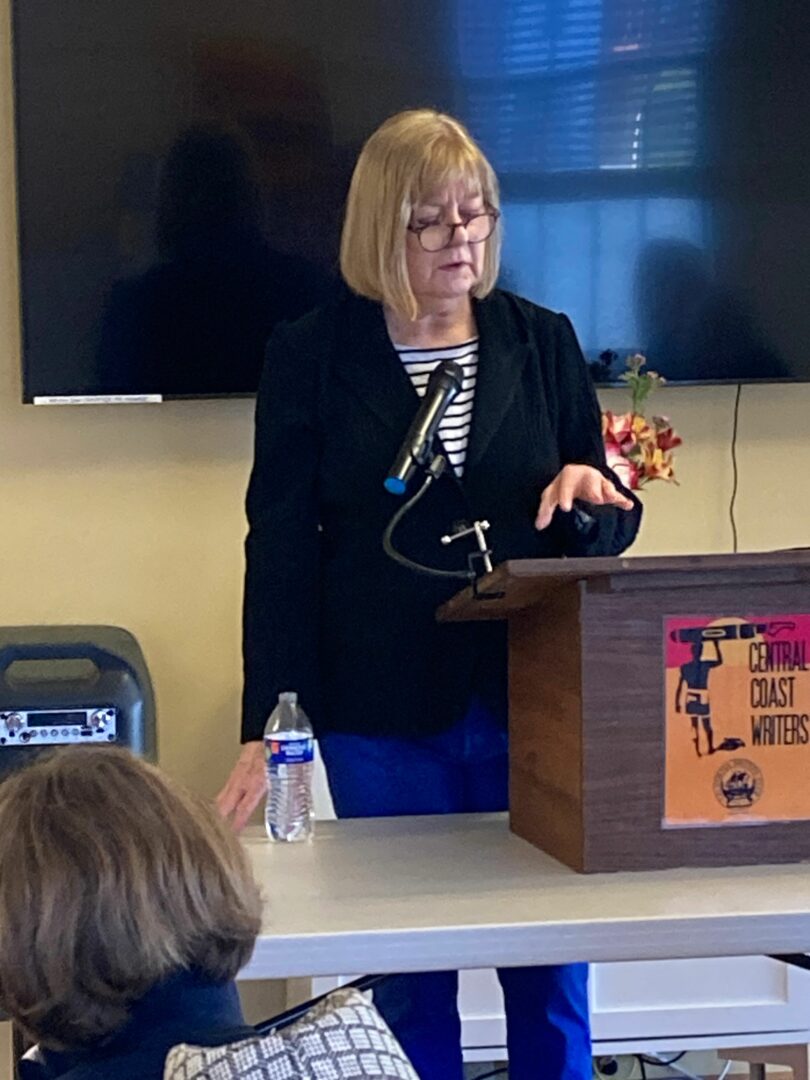
Who has been most helpful in helping you overcome challenges or build and develop the essential skills, qualities or knowledge you needed to be successful?
Although many writers who have inspired me, the single most important element in my success has been joining a writing community. Writing is necessarily a solitary act, but writers thrive in community. You can find trusted readers to comment on your work, share your successes, get support when things were not going well, learn about publication and employment opportunities, among many other things. Most writing communities, including my own, The Writers Grotto in San Francisco, maintain a digital presence so people outside the immediate area can join.
Before I joined The Writers Grotto, I found other ways to put myself in the company of writers, ways I’d recommend to others.. I enrolled in classes and read writing that inspired me, created and (mostly) met deadlines that kept me writing, and found writing buddies. A group of us formed a writing group after one class ended. As a teacher, I seen students who kept their writing groups going for years. I continue to set “writing dates” with my fellow writers. We’ve gotten together with in libraries, coffee shops, and elsewhere. Deadlines and having someone expecting my work have been instrumental in my successful completion of writing projects, whether they be flash fiction of 500 words, or entire novels.
Dozens of books have played a critical role in my development as a writer. Long ago, a teacher told me to read books I love and so I do. For me, these have included Toni Morrison’s “Beloved,” Marilynne Robinson’s “Housekeeping,” Michael Cunningham’s “The Hours,” and C Pam Zang’s “How Much of These Hills Is Gold,” and many others. How authors handle common challenges writers face — such as, beginnings, endings, character development, dialogue, etc — showed me how I might approach these issues myself, and more importantly, that there are multiple successful ways to do so. I strongly believe reading and writing go hand in hand. Being a writer has profoundly changed my experience as a reader.
I have also been inspired by many excellent books on the craft of writing. One book I especially enjoyed and recommend is Anne Lamott’s “Bird by Bird.” The book is full of sage advice and funny as hell, a winning combination. I read it soon as it was published and have reread it many times in the 25 years since then. Much of what Lamott said has stayed with me over the years, but two things stand out. First, writing and reading matter because they decrease our sense of isolation and widen our sense of life. Second, the real payoff is not publication, but the writing itself. “Writing gives you something to pour yourself into,” Lamott writes. “A day when you’ve gotten your work done is a good day.” I could not agree more.
Contact Info:
- Website: https://www.laurieanndoyle.com
- Instagram: https://www.instagram.com/storylaurie1/
- Facebook: https://www.facebook.com/laurie.doyle2/
- Linkedin: https://www.linkedin.com/in/laurie-ann-doyle-b4072310/
- Other: https://bsky.app/profile/ladoyleauthor.bsky.social
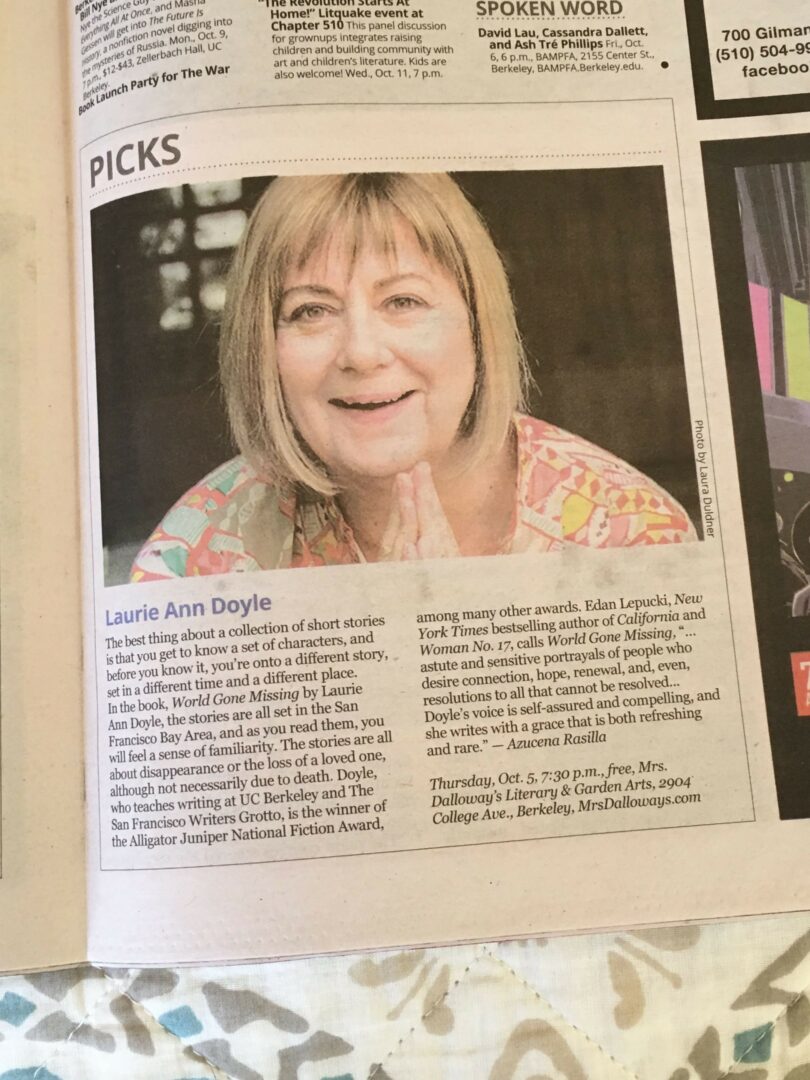
Image Credits
Laura Duldner
so if you or someone you know deserves recognition please let us know here.



